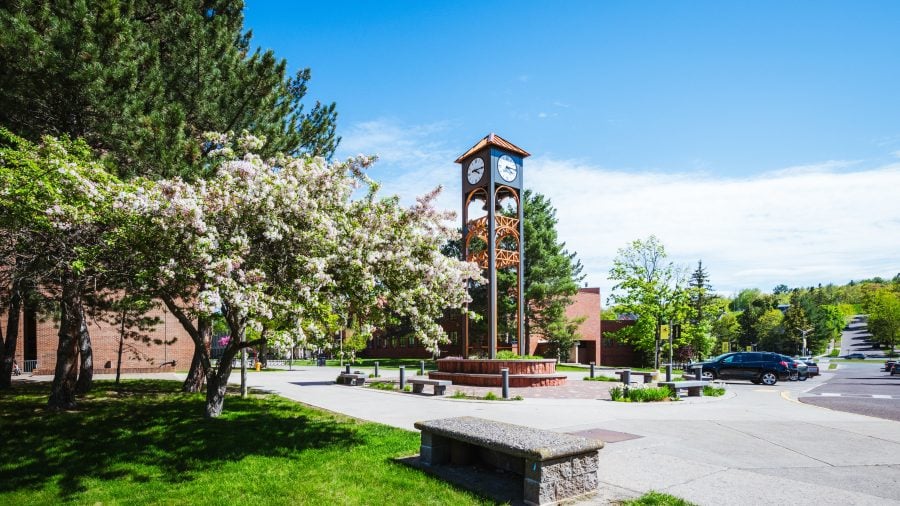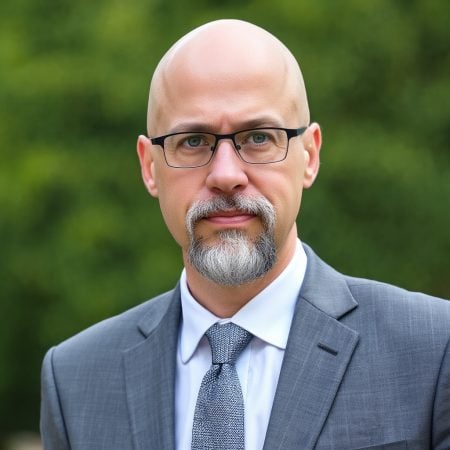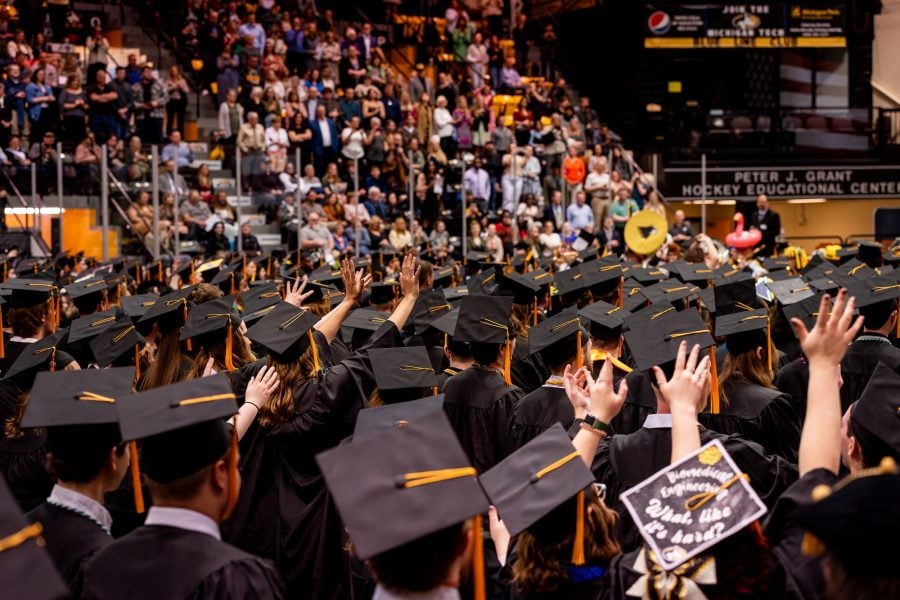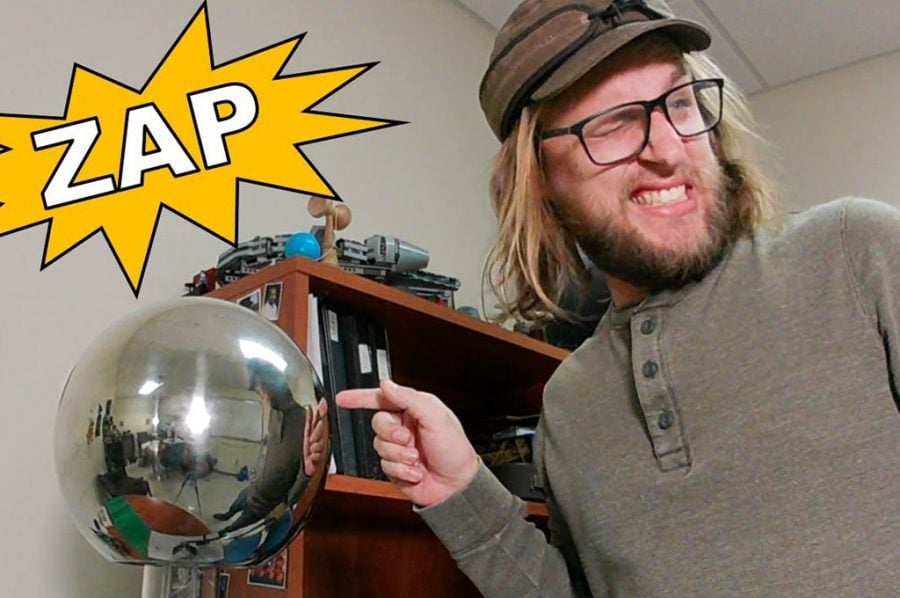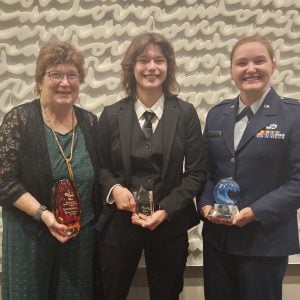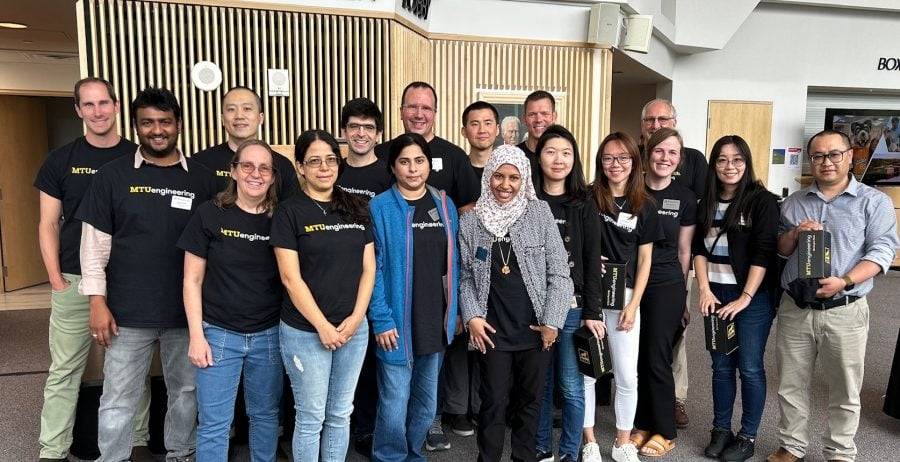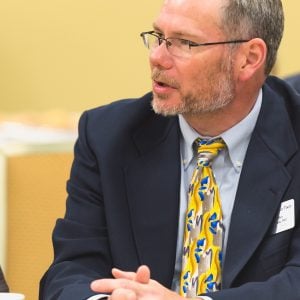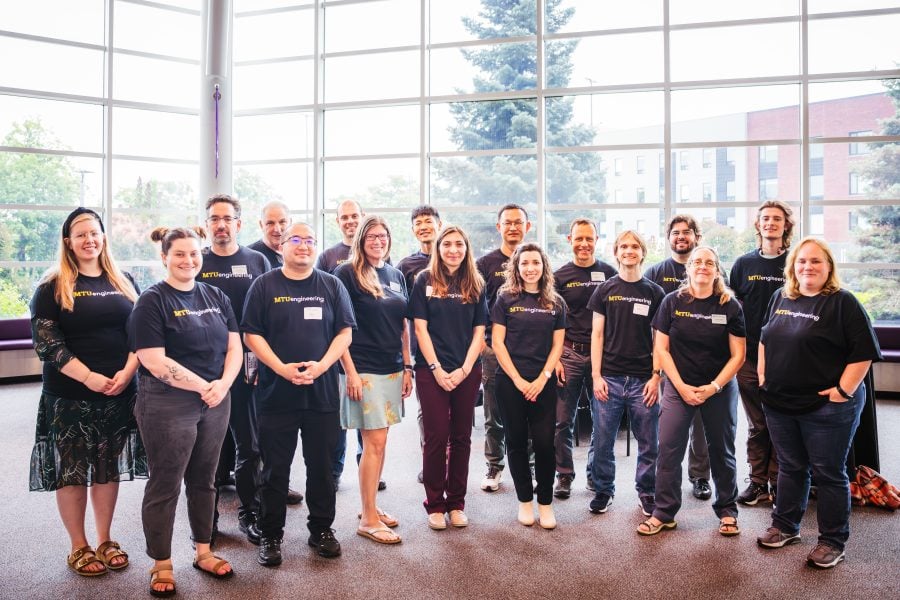
The Michigan Tech College of Engineering welcomes 13 new faculty members across six departments for the 2025-2026 academic year. These new researchers and educators bring a wealth of experience and expertise in fields including computational fluid dynamics, autonomous machines and vehicles, artificial intelligence, freshwater management, and more.
“Tomorrow needs every engineer and we need thoughtful, dedicated faculty to educate and inspire them,” said Michelle Scherer, dean of the College of Engineering. “I am thrilled to welcome this phenomenally talented group to help train the next generation of Husky engineers. Exciting things are ahead!”
